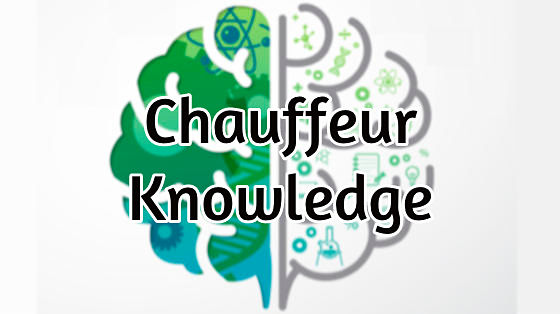After receiving the Nobel Prize for Physics in 1918, Max Planck went on tour across Germany. Wherever he was invited, he delivered the same lecture on new quantum mechanics. Over time, his chauffeur grew to know it by heart: ‘It has to be boring giving the same speech each time, Professor Planck. How about I do it for you in Munich? You can sit in the front row and wear my chauffeur’s cap. That’d give us both a bit of variety,’ Planck liked the idea, so that evening the driver held a long lecture on quantum mechanics in front of a distinguished audience. Later, a physics professor stood up with a question. The driver recoiled: ‘Never would I have thought that someone from such an advanced city as Munich would ask such a simple question! My chauffeur will answer it.’ Funny, right?
According to Charlie Munger, there are two types of knowledge. First, we have real knowledge. We see it in people who have committed a large amount of time and effort to understanding a topic. The second type is chauffeur knowledge – knowledge from people who have learned to put on a show. Maybe they have a great voice or good hair, but the knowledge they copied is not their own. Unfortunately, it is very difficult to separate true knowledge from chauffeur knowledge. But it is not impossible!
So, how do you recognize the difference? There is a clear indicator, true experts recognize the limits of what they know and what they do not know. If they find themselves outside their circle of competence, they keep quiet or simply say, ‘I don’t know.’ This they utter unapologetically, even with a certain pride. From chauffeurs, we hear every line except this.
hashtag#chauffeurknowledge hashtag#trueexpertise hashtag#knowyourlimit
